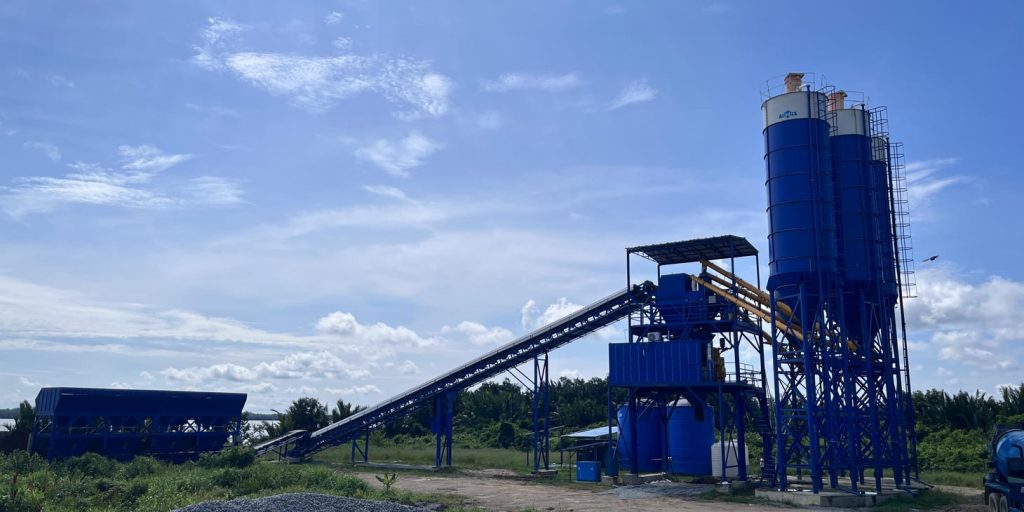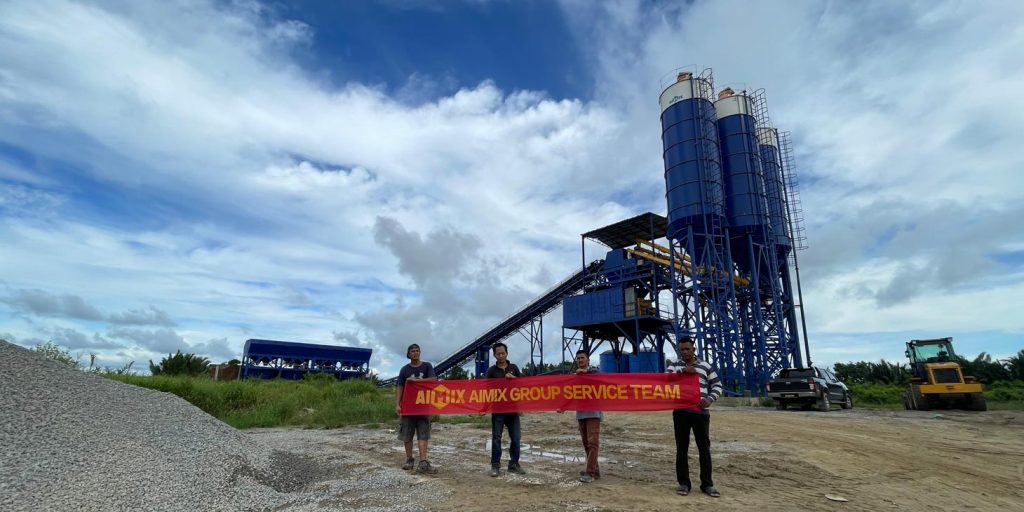Concrete mixing plants play a vital role in the construction industry, serving as the backbone for projects ranging from commercial buildings to civic infrastructure. These plants are equipped to produce various types of concrete, including lightweight aggregate concrete, dry-hard concrete, and liquid concrete, tailored to meet specific project requirements. Understanding the factors that influence concrete plant pricing can help businesses make informed decisions when investing in this essential equipment.
Concrete plants are critical for large-scale construction endeavors such as airport runways, bridges, highways, and overpasses. The efficiency and reliability of these plants directly impact project timelines and costs. Therefore, choosing the right concrete mixing plant for sale is essential for construction companies aiming to maintain high productivity levels and deliver quality results.

Factors Influencing Concrete Plant Prices
The price of a concrete mixing plant varies based on several factors, including the plant’s design, production capacity, and the manufacturer’s location. For instance, the AJ25 stationary concrete mixing plant from AIMIX China is a popular choice, featuring a twin-shaft mixer with an output capacity of 25 cubic meters per hour. In contrast, larger plants can produce over 200 cubic meters of concrete within the same timeframe.
Customization is also a significant factor in pricing. Many manufacturers offer tailored solutions that align with the unique needs of your construction projects. Companies should reach out to reputable manufacturers to discuss specific requirements and obtain quotes that reflect their individual circumstances.
Mobile vs. Stationary Mixing Plants
When selecting a concrete mixing plant, businesses must also consider their operational needs. While stationary mixing plants are designed for maximum efficiency and output, a mini mobile concrete batching plant may be more suitable for companies that work on multiple short-term projects. The advantage of portable mixers lies in their ability to mix concrete on-site, significantly enhancing productivity and reducing transportation times.

Essential Components of Concrete Mixing Plants
A typical concrete mixing plant comprises several key components that contribute to its overall functionality:
- Cement Silo: Stores bulk cement for mixing.
- Screw Conveyor System: Transports cement and other materials to the mixing drum.
- Lifting System: Facilitates the movement of materials within the plant.
- Weighing Hoppers: Ensures accurate measurement of raw materials, crucial for achieving precise concrete formulations.
- Control System: Manages the operation of the plant, with options ranging from manual to fully automated systems.
- Pneumatic System: Controls the flow of materials and enhances the mixing process.
- Mixing Drum: Where the actual mixing of ingredients takes place.
Accuracy in weighing hoppers is vital, especially for projects that demand specific concrete mixes. Businesses should inquire about the tolerance levels and error margins of weighing systems before making a purchase. Moreover, advanced electronic control systems can significantly reduce labor costs by automating various processes, although these systems may come at a higher initial investment.
Sourcing Concrete Mixing Plants Globally
Numerous manufacturers of concrete mixing plants are present worldwide, but many companies find that suppliers in China often offer the most competitive pricing. The advantage of sourcing from Chinese manufacturers is their capability to ship equipment internationally, making it easy for construction firms regardless of their location to access affordable concrete plant solutions.
For those interested in exploring options, AIMIX offers a wide range of concrete mixing plants at competitive prices. You can find more information on their offerings by visiting AIMIX‘s website.
Complementary Equipment for Concrete Mixing Plants
Investing in a concrete mixing plant often necessitates the purchase of additional equipment to maximize operational efficiency. Auxiliary devices such as concrete pumps, loader vehicles, storage silos, and concrete mixing trucks are essential for ensuring a smooth workflow on construction sites. Many suppliers provide discounts for bulk purchases, which can be an excellent way for businesses to save money while equipping themselves with the necessary tools for success.
Conclusion
In summary, concrete mixing plants are indispensable for the construction industry, providing the capability to produce various concrete types essential for large-scale projects. When considering an investment in a ready mix concrete plant, businesses should weigh factors such as design, capacity, and supplier location to ensure they find the best pricing and functionality to meet their needs. Whether opting for a stationary or mobile solution, understanding the components and additional equipment required will help organizations streamline their operations and enhance productivity. By sourcing from reputable manufacturers, especially those with competitive pricing, companies can ensure they are well-equipped to tackle their construction projects efficiently and effectively.